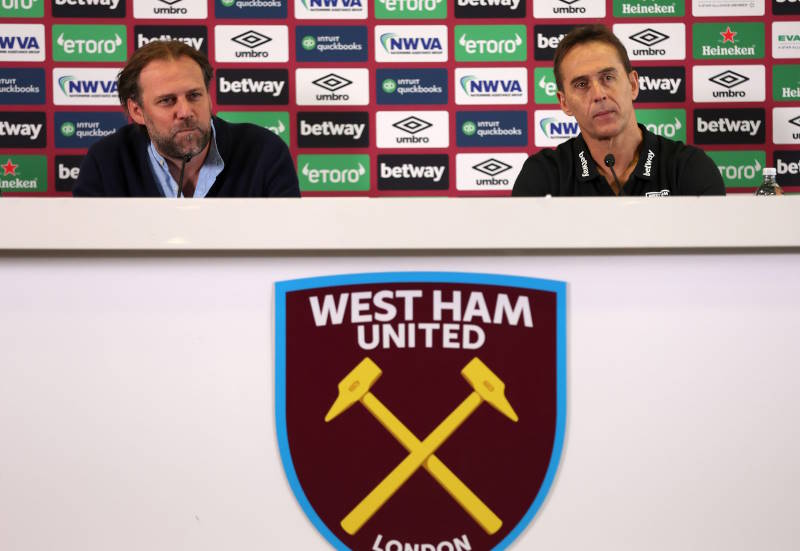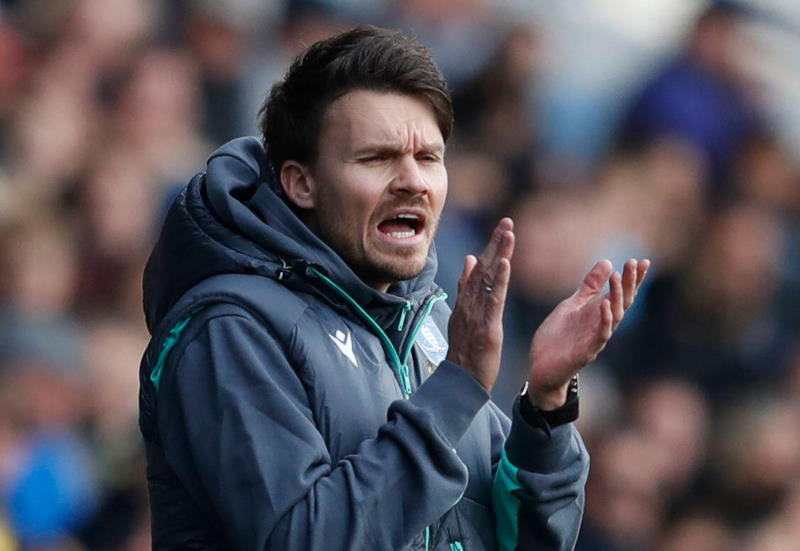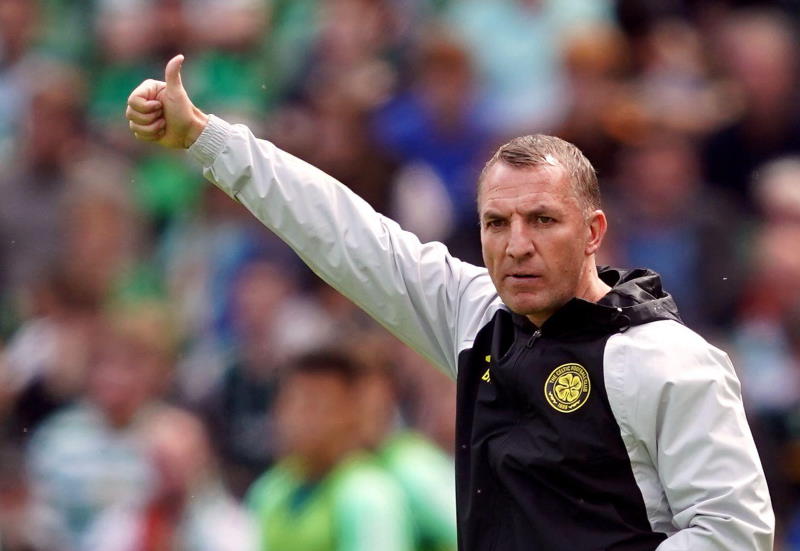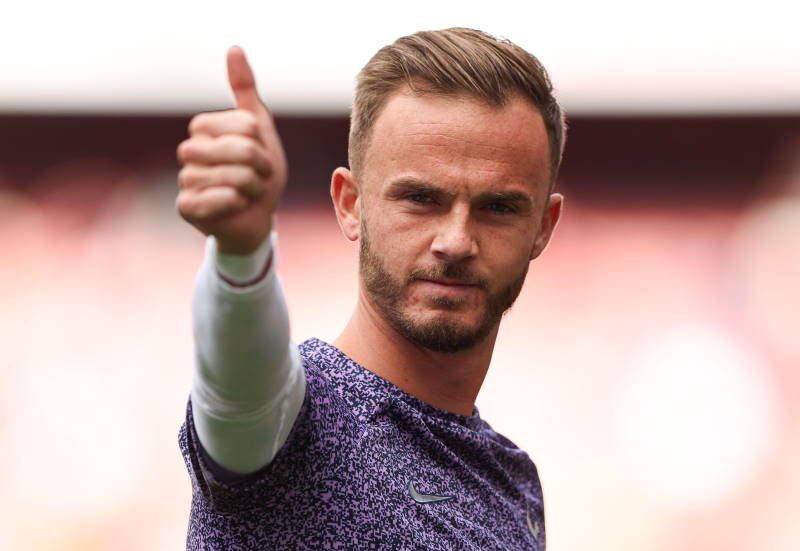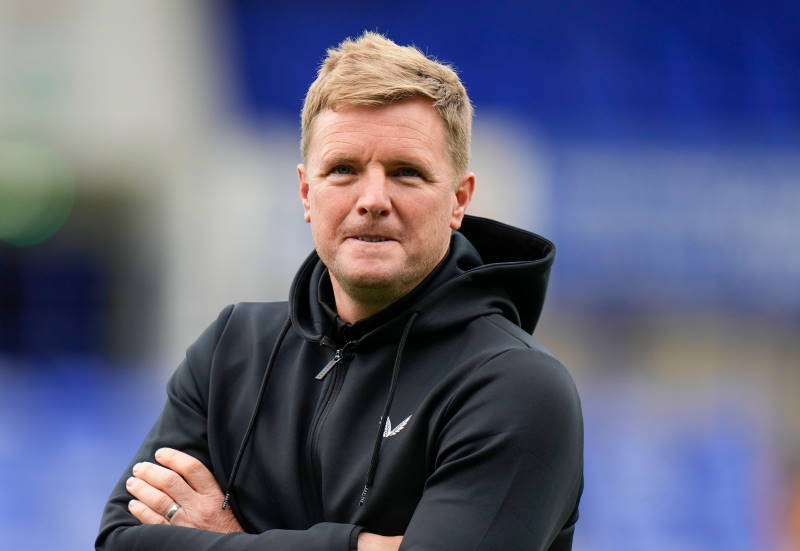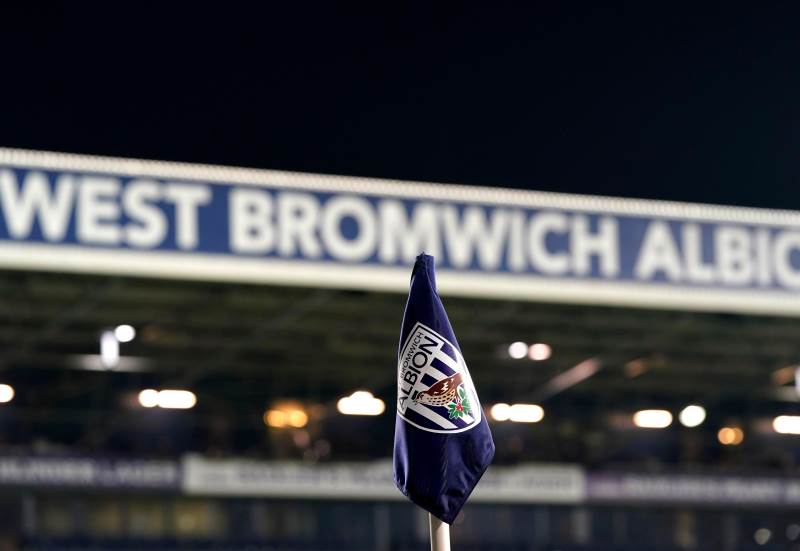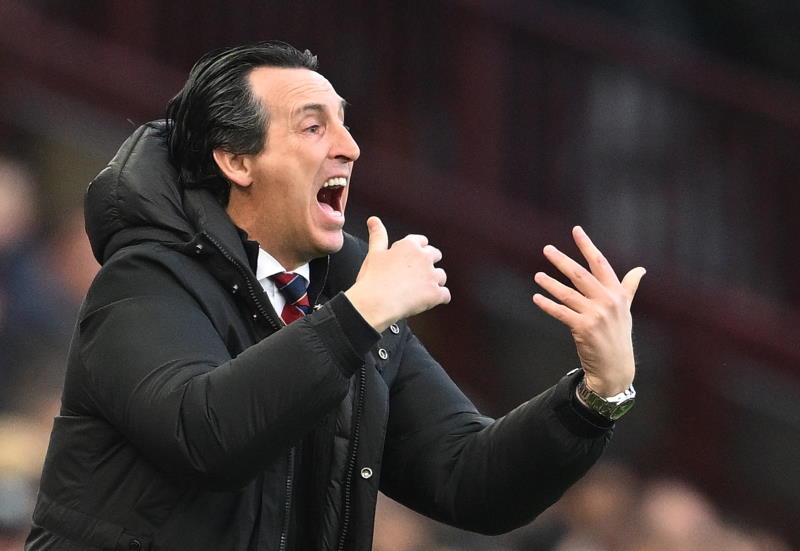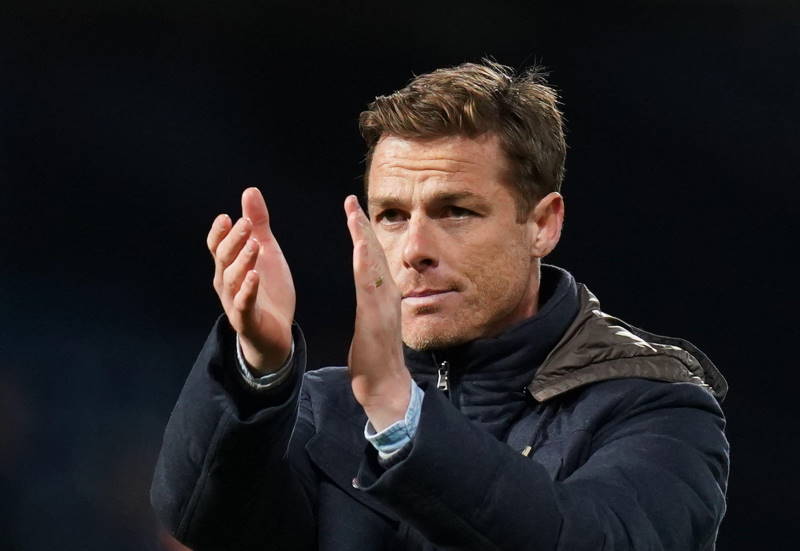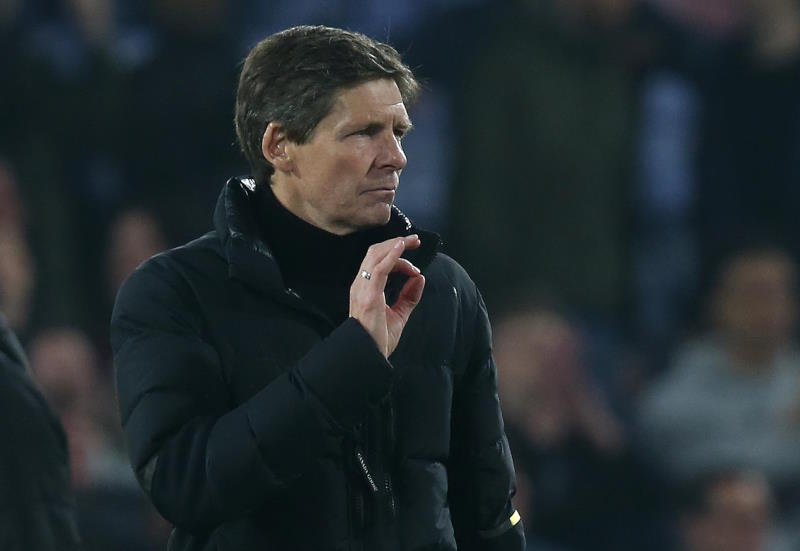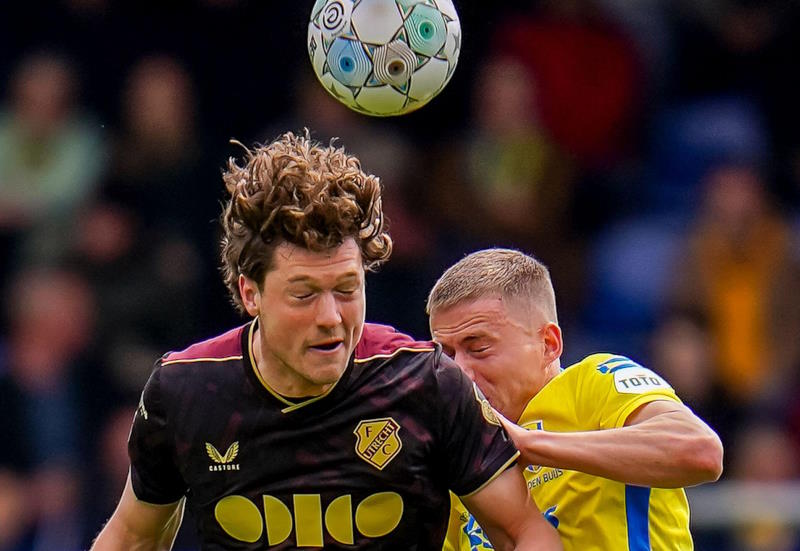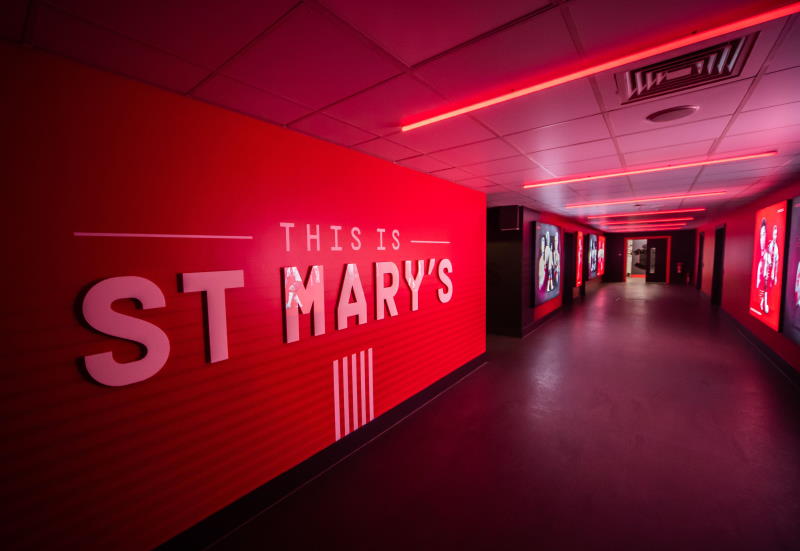Scott Musgrave
Yet again the Dutch have failed to live up to expectations by continuing their form from the group stage.
After demolishing World Champions Italy, humbling France and dispatching their qualifying foes Romania, many were backing the Dutch outfit to match the 1988 effort in which the current coach, Marco van Basten, was key in helping them to glory. Instead, however, they came amazingly unstuck against a well-organised, tactically aware Russian side, who, possibly crucially took most of their chances (although that is debatable when one looks at the last 10 minutes of normal time in that game).
The Dutch played their best game against the World Champions and steadily went downhill from there. Goals from Ruud van Nistelrooy, Wesley Sneijder and Gio van Bronkhorst gave the Oranje a remarkable victory against the odds. One could argue however the Italians inability to deal with the Dutch counter-attack was ultimately their downfall and if one was to look at van Bronckhorst’s goal you could only be astonished at the amount of room the diminutive left-back was given to head home.
The game against France was very much about one team taking their chances. It could have quite easily been 5-4 in France’s favour had they taken their chances like the Dutch. Poor finishing from players of the calibre of Henry, to whom goals are a staple diet, left Les Bleus flailing. Yet again the speed of play and counter undid the French who ultimately never looked like recovering from that point.
Well taken goals from Dirk Kuyt, Arjen Robben and Robin van Persie gave the Dutch a 3-1 lead after Henry had brought one back for Les Bleus before Sneijder whipped home a trademark long shot from outside the box that nestled in Gregory Coupet’s right corner of the net.
It was a story of what could have been from the French and more of a story of the Dutch’s defensive frailties. As I said in my preview article I pinpointed the defence as the main problem for the Oranje and it showed against the French. The likes of Ooijer and Mathijsen were reduced to hacking the ball out of play to prevent any building plays instead of playing it out and creating attacks.
Against Romania the Dutch produced a professional performance with a second string team to see off their qualifying rivals 2-0 with the goals coming from Klass-Jan Huntelaar and Robin van Persie.
Whether it was a case of changing so many personnel or simply a bad attitude coming into the game against Hiddink’s Russia, they came unceremoniously unstuck. The zippy passing from the group stage had disappeared as the Russians pressed heavily not allowing the Oranje players any space.
It may well also be worth noting that the vast majority of players in the team and the coach himself have been linked with Guus Hiddink is some way or another. With many players previously plying their trade with PSV Eindhoven and others simply being within the national set-up for so long may well have been to their disadvantage when taking on a previous coach. It may also be said that Hiddink knows the Dutch system inside and out and the systematic destruction of such antiquated techniques was only a matter of time.
One could argue that van Basten’s tactical inflexibility cost Holland dearly. For almost the entire game Holland were under the cosh barely surviving as the Russians created chance after chance before seeing one converted in style by Roman Pavlyuchenko.
The Dutch chased the game hopelessly until a Wesley Sneijder set-piece found the diving head of Ruud van Nistelrooy who levelled the game.
However once the game went into extra time, you could only feel that it was going to get worse for the Dutch. Hiddink, a stickler for fitness, made later substitutions (having planned carefully for the eventuality of extra time) and thus condemned the Dutch to another second phase knock-out as with the previous World Cup.
It was soon proven with substitute Dmitri Torbinsky taking advantage of shambolic defending to send Russia on their way before the outstanding Andrey Arshavin slotted home to make it 3-1. Utterly demoralising for the Dutch but hardly unforeseeable.
It is remarkable that the Dutch managed to get out of their group, but with the likes of Italy and France underperforming horribly it’s not hard to see how. I don’t want to play down the successes the Oranje had but to simply point out it could have been a much different story had the other teams actually been on form.
However if you want something to blame or just some reason, you need only look at Holland’s defensive failings and the complete ineptitude of a hack coach.
It is a case of what could have been, but realistically the Dutch were punching above their weight and were suddenly brought down to earth by a team not filled to the brim with prima-donnas as was the case with the French and Italian squads, but by hard working professionals (with no small degree of technical skill) ready to die for the shirt.
Spain ended up worthy winners by probably having the most well rounded team, a team very much like the Dutch in fact but whom actually were willing to change some personnel based on the situation and had much more defensive stability.
It is something I have found after watching these tournaments, it is the coach who is willing to change their tactics based on the team they are facing that win trophies. Look at Italy at the last World Cup, they had a terrible group stage and yet Lippi made a couple of tactical changes and turned them into World beaters. The same happened with Aragones and Spain and even Low with Germany. They seemed to figure that if it didn’t look like it was going to work, it probably wouldn’t.
This is the kind of coach Holland needs, a tactically aware one. We need a coach who is going to have confidence in the ability of his players to switch it around a bit when needed.
So, another 2 year wait and hopefully more international competition football to look forward to. We Dutch fans can only hope that Bert van Marwijk can do a much better job than his predecessor.

